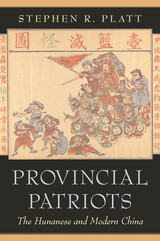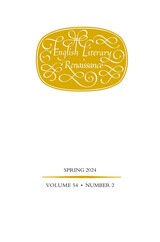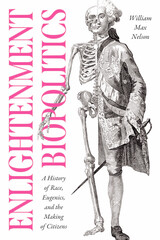
Recent agricultural reforms in the People's Republic of China have generated great interest in the ability of the Chinese state, traditional and modern, to accommodate rapid economic change. Exhausting the Earth examines an earlier period—from the late Ming to the mid-Qing era marked by tremendous population growth, extension of the market, and increases in agricultural productivity.
Peter C. Perdue describes the relationship between agricultural production and state policies toward taxation, land clearance, dike-building; property rights, and agriculture in Hunan. During the late seventeenth and early eighteenth centuries, Hunan changed from a peripheral, sparsely populated region into a crowded, highly commercialized, grain-exporting province. State policies had stimulated this growth, but by the early nineteenth century serious signs of overpopulation, social conflict, and ecological exhaustion had surfaced. Local officials were conscious of these dangers, but the influence of the state on the economy was so weakened that they could not alter the ominous trends. The stage was set for the disintegration and rebellion of the nineteenth century. This in-depth study of official policies in one region over a long stretch of time illuminates the dynamics of official initiatives and local response.

Hunan province has long interested students of modern China. A citadel of orthodoxy in the nineteenth century and a mainspring of revolution in the twentieth, it is an ideal focus for a study of the great transformation that occurred during the last two decades of the Ch'ing dynasty.
Hunan's experience illuminates key questions. How did foreign imperialism affect Chinese society? What ties bound the provinces to the central government, and how were these ties loosened to permit the secession movement of 1911? Why did nationalism emerge so abruptly and strongly after 1895? How did it differ from the antiforeignism that preceded it, and what did it contribute to the movement against the dynasty? As nationalism became strong, why did social revolution remain weak?
Since Hunanese leadership, moving from orthodoxy through revolution, constitutes one of the great continuities in China's modern history, the answers that a study of Hunan gives to these questions are relevant to larger patterns of change in China as a whole. Charlton Lewis has written a valuable handbook of national as well as provincial events during the turbulent period around the turn of the century.

From the Taiping Rebellion in the mid-nineteenth century to the Chinese Communist movement in the twentieth, no province in China gave rise to as many reformers, military officers, and revolutionaries as did Hunan. Stephen Platt offers the first comprehensive study of why Hunan wielded such disproportionate influence.
Covering a span of eight decades, this book portrays three generations of Hunanese scholar-activists who held their provincial loyalties above their allegiances to a questionable Chinese empire. The renaissance of Hunan centered around the revival of Wang Fuzhi, a local hermit scholar from the seventeenth century whose iconoclastic writings were deemed a remarkable match for "Western" ideas of progress, humanism, and nationalism. Advocates of reform and revolution thus framed their projects as the continuance of a local tradition--the natural destiny of the Hunanese people--creating a tradition of reform and nationalism that culminated in the 1920s with a Hunanese independence movement led by the young Mao Zedong.
By putting provincial Hunan at the center of this narrative, Platt uncovers an unexpected and surprising story of modern China that sheds light on the current resurgence of regionalism in the country.
READERS
Browse our collection.
PUBLISHERS
See BiblioVault's publisher services.
STUDENT SERVICES
Files for college accessibility offices.
UChicago Accessibility Resources
home | accessibility | search | about | contact us
BiblioVault ® 2001 - 2024
The University of Chicago Press









